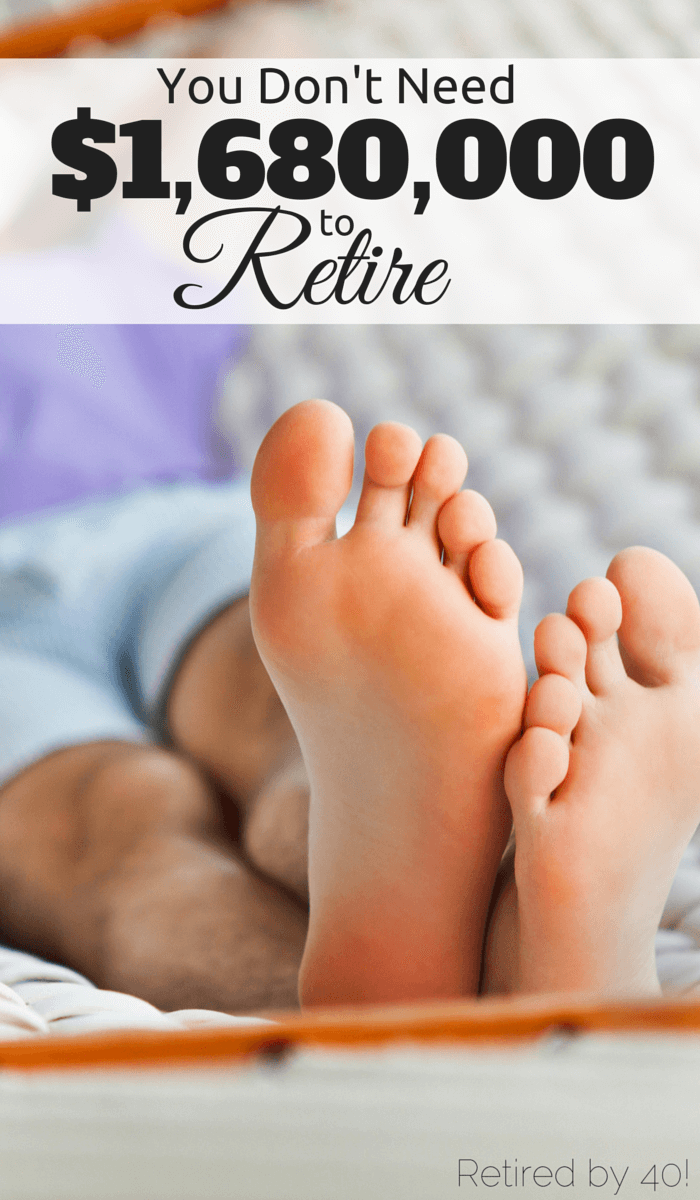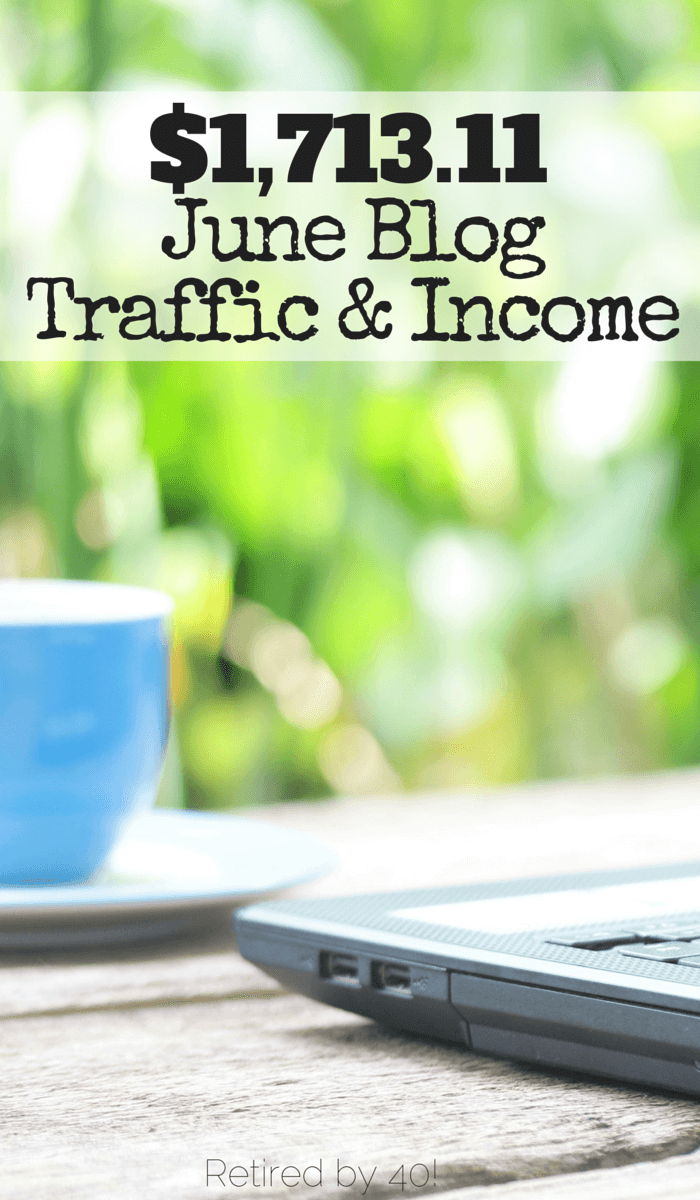Headaches can come on at a moments notice, and for a variety of reasons. If you’ve ever had a headache (like 90% of Americans) then you know that they can range in intensity, from mildly annoying to completely debilitating. The most common type of headache is a tension headache, which is the result of holding your head in a tight position for too long. A tension headache feels like a mild, constricting feeling around your head, and left untreated can become more painful as time goes on.
Medication is one method of treating a headache, but if you have recurring headaches, or the same headache every afternoon, you may not want to take headache medication more often than not.
Don’t worry, even if you have recurring headaches – like yours truly – there are plenty of natural remedies to try before you turn to medicine.
Rest
If you can, when you feel a headache coming on take 20 minutes to rest. Headaches are often a sign that your body needs a break from the busy. Our lives are so busy that we often fail to notice the signs of fatigue, or just don’t want to stop what we’re doing. So, our bodies start to form a headache to tell us that something is wrong.
20 minutes may seem like a long time to take out of your day, but when you consider the trade off (20 minutes of rest for a headache – free day) you’re more likely to be happy and productive for the rest of the day. Try lying down in a dark room when you feel the headache forming to nip it in the bud.
Ice
Although it may seem odd, lying down with a cold compress or ice pack on your forehead may not only temporarily reduce the pain your headache is causing, it might even get rid of it entirely.
There are a couple of schools of thought about why this works, but either it works because the cold constricts the blood vessels, or because the unpleasant sensation of the cold distracts you from the pain of the headache.

Eat
When was the last time you ate? If you haven’t eaten withing the last 2-3 hours, your body could be telling you that it needs nourishment. Even if you’ve eaten recently, your headache could be a sign of plunging blood sugar, especially if your last meal was carb or sugar heavy.
Try eating small, balanced meals every 2-3 hours throughout the day and incorporate magnesium-rich foods such as spinach, tofu, olive oil, and even sunflower seeds.
Take A Hot Shower
For some people, treating a headache with heat rather than ice is more pleasant. There are topical treatments for heat, but a more practical on would be to take a warm shower. The heat from the shower can help relax you, and if your headache is the result of cold or sinus pressure the steam can help to loosen it and clear your nasal passages.
Massage
The power of touch can have a tremendous impact on a headache. Since headaches are often the result of tension, gentle pressure on the templates, neck, back, and hands can temporarily relieve headache pain. In some cases, massage may have a lasting effect, including helping to prevent headaches in the future.
Massage also tends to have an effect on stress and sleep levels, two factors that contribute to headaches hand-in-hand to headaches and the rate at which they occur. In fact, a 2010 Spanish study found that patients with recurring tension headaches reported a better mental state, and fewer symptoms within 24 hours after receiving a 30 minutes massage.
Acupressure
The fleshy part of your hand between the thumb and index finger can reduce headache pain and tension according to Traditional Chinese Medicine. To make this work for you, squeeze the indentation between the two fingers with your opposite hand and massage with as much pressure as you can stand for 5 minutes. Repeat on your other hand.
This may be more or less effective on you, but it can’t hurt you so it’s definitely worth a try. At the worst, at least it a distraction from the headache pain. If it doesn’t work, you can also try rubbing ice on the same spot between your thumb and index finger.
Even more effective is having acupuncture done in that spot. Using acupuncture in this post has been shown to reduce the severity and duration of headaches long-term.
Cut Out Alcohol
We all know that alcohol has a dehydrating effect, and dehydration is often the underlying cause of headaches. You don’t have to cut out alcoholic drinks completely, but sip water along with your beverage. If you know that you’re susceptible to headaches or extremely sensitive to the effects of alcohol, then consider cutting out alcohol completely for a week or two to see if that lessens your headaches.
Hydrate, Hydrate, Hydrate
One of the first signs of dehydration is a headache, plain and simple. To keep your hydration on track, sip water throughout the day rather than consuming a lot at one time. Most experts agree that adults need between 11 and 15 cups of water per day, but this number also includes other low-calorie liquids such as tea, milk, and fruit and vegetable juices. Even your daily coffee counts, but it is always better to err on the side of caution and stick to 11-15 cups of water per day.
Lose Weight
Or at least exercise more. A 2013 study from Johns Hopkins University found that being significantly overweight increases a person’s chances of getting recurring headaches. This finding especially applied to white women, and those 50 years of age and younger. Being obese can take periodic headaches into chronic headaches.
Losing weight the healthy way – through diet and exercise – is one of the many ways you can reduce the severity of headaches, and maybe start getting rid of them long-term.
De-Stress
A 2014 German study found that the higher your stress level, the more headaches you’re likely to get. Participants in the study ranked their stress levels on a scale of 1-100, and also reported the frequency and types of headaches they were having. For each increase of 10 points on the stress scale, the average number of headaches per month increased 6.3% for tension headaches and 4.3% for migraines.
The brain is a powerful thing, and we don’t fully know the physiological effects of stress. We do know that stress causes physical tension, and that you may not even be aware of the effect that stress is having on your body – including headaches. To reduce your stress level pick up a hobby that gives you a break from stressful situations. Whatever you find calming can take your mind off of stress and have a reducing effect on headaches.

Caffeinate
Caffeine can both contribute to and help headaches. If you routinely drink coffee in the morning, you may be getting headaches because of a bit of caffeine withdrawal. If that is case – and you’re not looking to cut caffeine out of your life anytime soon, then try a small cup of coffee to alleviate the pain.
However, it is important not to overdo the caffeine, since consuming too much can make the headache worse. Drinking too much caffeine can trigger withdrawal symptoms, the same kind that caused the headache in the first place. It can become a viscous cycle, so caffeinate with caution.
Stop Chewing Gum
A 2014 study from Tel Aviv University found a correlation between chronic gum-chewing and head pain. The study found that out of 30 teenagers and adolescent participants, 26 saw their headache symptoms improve when they gave up their daily gum-chewing habit. Gum chewing isn’t all bad, but it is believed that the constant chewing motion causes tensions, which then triggers a headache.
Get Off The Computer
Usually when you spend long hours in front of the computer your posture isn’t perfect and your neck spends hours out of alignment. And, while spending long hours in front of the computer screen hasn’t been proven to cause headaches, there does seem to be a correlation. Long period of intense concentration can also contribute to headaches, so to prevent them pay attention to the ergonomics of your workplace to reduce strain on the neck and back, and take breaks every 30-60 minutes to get away from those headache triggers.
Exercise
When you already have a headache, a vigorous workout may actually make the pain worse. Why? Because exercise raises your pulse, which makes the pounding in your head worse. But when you’re not in the middle of a headache, exercising regularly can help both prevent headaches and make them less painful when the do occur. Some of the research even suggests that yoga might be the most helpful form of exercise for headache sufferers, but experts warn against hot yoga classes if you’re a frequent headache sufferer.
Evaluate Your Diet
Triggers are everywhere, and what trigger a headache in your co-worker might have no effect on you, so when determining if your diet is causing headaches you might be in for a little bit of trial and error. Aged cheese and cured meats made with preservatives are the most common headache-inducing culprits, but not much hard evidence on these foods exist.
With that being said, paying attention to your eating habits, as well as any patterns that develop can help you identify what triggers your headaches.
Set A Schedule & Stick To It
Many times when you change your schedule, a headache occurs, because headaches and migraines don’t like change. In fact, one of the most common triggers is lack of sleep. Getting less than 7-8 hours of sleep can result in headaches, but so can getting too much sleep, so don’t go overboard in either direction.
Headaches occur in everyone for different reasons. The scent that causes a headache in your best friend may have no effect on your, and the food that causes your headache may not affect your friend. The good news is that research on what causes headaches and how to eliminate them is ongoing, so we’re getting new information all the time.
If you have a headache coming on, or you get them frequently, rather than popping a pill every day to combat them, try some of these techniques to reduce the duration, severity, and frequency of your headaches.
Do you suffer from headaches? How do you get rid of them without medicine?

P.S. Did you like this post? Share it with your friend for a chance at this month’s giveaway’s!
a Rafflecopter giveaway
This post may contain affiliate links. See my disclosuress for more information.












Leave a Reply